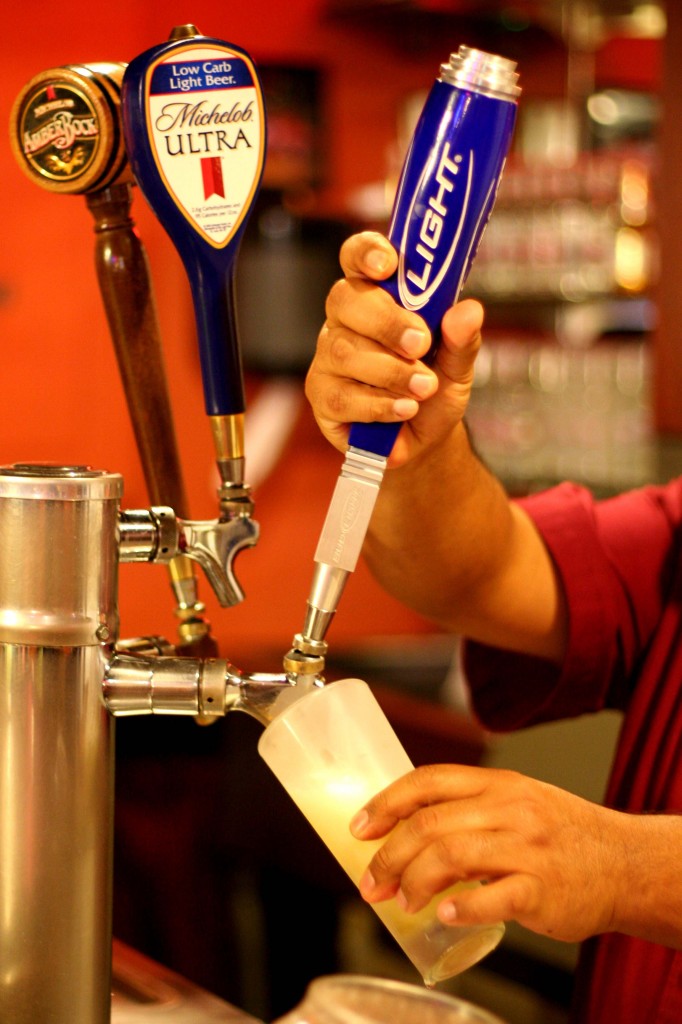Billy Findley
Online Editor

Times are changing, even in Dayton. When the referendum to serve liquor-by-the-drink passed in Dayton, even Mayor Bob Vincent said he was a little surprised.
“There were some days I thought it would never get passed,” Vincent said. “Most [proponents] were convinced that this will bring in good eating establishments.”
The voting on the referendum was not significantly close, according to Vincent. Sixty percent of the 1,500 voters voted in favor of the referendum, and the new alterations now make it possible for chain restaurants to open in the city of Dayton. It also means restaurants currently in Dayton may eventually make inquiries to serve liquor in order to compete with new chain restaurants.
“This is the southern Bible belt,” Vincent said. “The largest surprise was that there was very little opposition from church groups or religious leaders,” Vincent said regarding the voting.“We are a changing society and alcohol is not frowned upon like it was 30 or 40 years ago.”
Vincent said he has already sent out letters to Chili’s, Ruby Tuesday and Charley’s. There has been no response from any of them yet.
“Maybe one or two would be able to come. It would be a great benefit to the city if they do…the tax revenue off of it would certainly help the City of Dayton,” he said.
Whether they come or not, some Bryan students have expressed their opinions concerning the potential for chain restaurants coming to the city.
Sophomore Showie Bray said she welcomes the idea of having chain restaurants, especially since they would offer a finer dining experience than those already in Dayton.
“I haven’t been to the new Jacob Myers, but most of the [restaurants] are just small-town, greasy- type restaurants that aren’t as much fun to go eat at,” sophomore Showie Bray said.
“I don’t think having these chain-restaurant businesses is really going to hurt anything.”
“Personally, if they moved in here, I probably wouldn’t go there because they would cost so much,” said junior Daniel Downing.
However, Downing does say that when his family comes to visit in Dayton, they usually choose to venture outside the city to find somewhere to eat.
Thomas Solomon, the Dayton city recorder, said the referendum does carry a few specific requirements in order for any restaurant to acquire a liquor license. The establishment must have a seating capacity of at least 75. Plus, it must also receive a majority of its revenue from food and other items besides liquor. In other words, the establishment cannot solely be a bar.
Some city council members are concerned of the effect chain restaurants may have on the current establishments in Dayton. Vincent said that while the presence of chain restaurants could potentially hurt a few of the smaller restaurants, it wouldn’t be so bad for the larger restaurants though they may eventually be forced to add a bar. Two of the city’s Mexican restaurants have already made liquor inquiries, though it could be another month or two before the city council passes its official resolution to approve liquor-by-the-drink.
